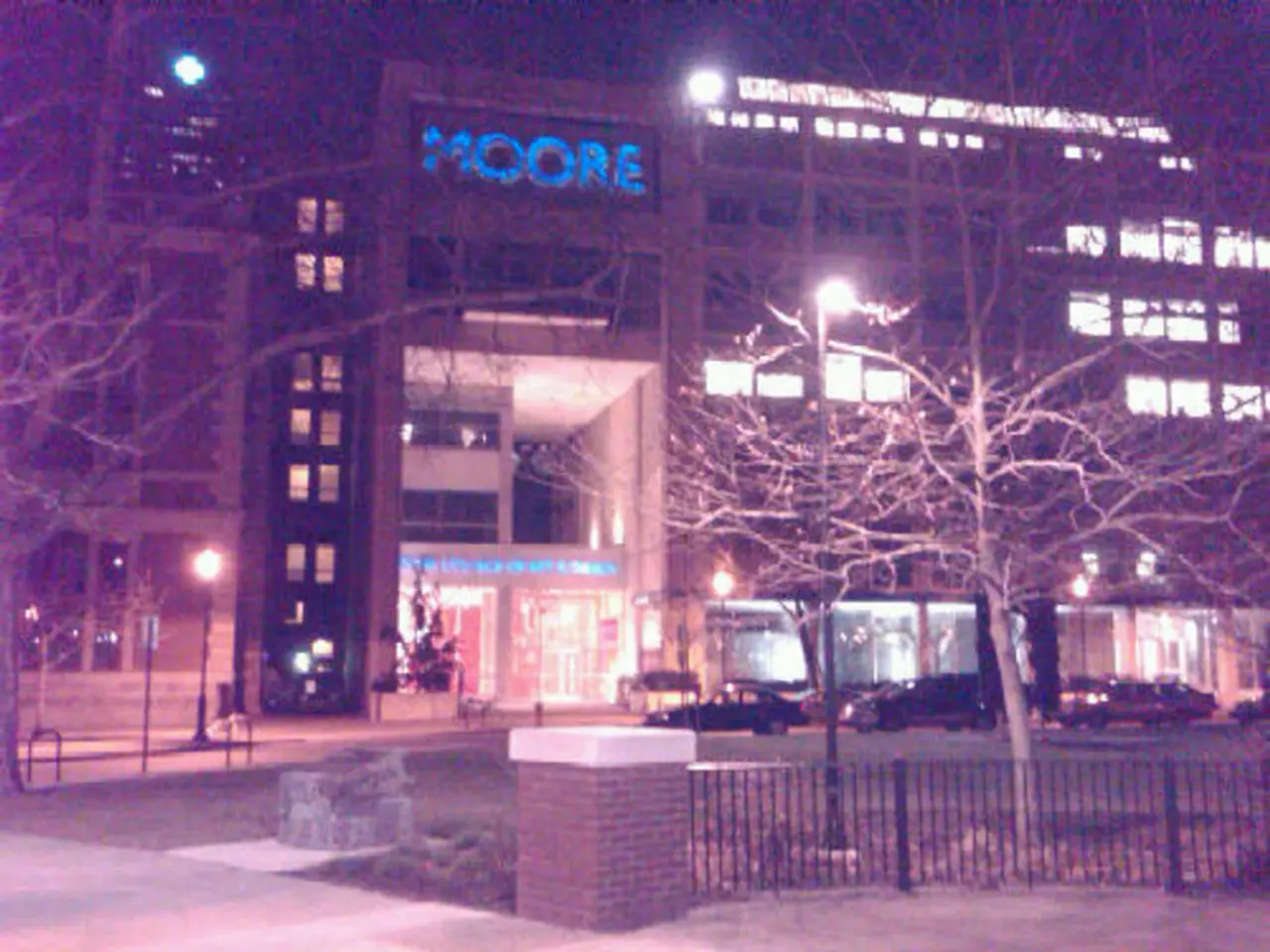Medical Facility in Wittstock Should Maintain Its Status
In the small town of Wittstock/Dosse, residents have been faced with the prospect of losing their local hospital, a threat that has prompted local efforts to secure continued medical care.
As part of the hospital reform that came into effect on January 1, 2023, the KMG Kliniken Nordbrandenburg has planned to close the Wittstock site by January 1, 2027. The closure is due to the hospital reform requirements, a decision that has raised concerns among local authorities and healthcare providers.
The SPD/BSW coalition, in an attempt to retain the hospital sites, has made it clear that they are not necessarily aiming for the sites to remain as clinics. Instead, they advocate for closer integration of hospitals and GP practices. This approach, they hope, will ensure that the community continues to receive essential medical services.
Britta Müller, the Brandenburg health minister, shares this sentiment. She has stated that no structural changes will be made without alternative care options and long-term emergency care guarantees. Müller has also expressed her concern that the reform may lead to longer journeys to the doctor, particularly for residents of rural areas like Wittstock/Dosse.
In an effort to address these concerns, a round table meeting is planned for early September. Attendees will include stakeholders such as local government representatives, healthcare providers, and possibly KMG Kliniken. The aim is to negotiate solutions or alternative care arrangements that will ensure the community's continued access to medical services.
Philipp Wacker, the mayor of Wittstock/Dosse, has emphasised the need for a permanent emergency department and cardiovascular care at the hospital site. He, along with Müller, is working diligently to maintain the hospital site following its planned closure.
The mayor's concerns are not unfounded. The Wittstock hospital is not a designated 'safety net' hospital and does not fall under reform exemptions. This means that it is particularly vulnerable to closure.
Despite the challenges, there is a glimmer of hope. The KMG Kliniken Nordbrandenburg has shown openness to possible further use of the Wittstock site. Cardiovascular and gastroenterology services will be transferred to the Pritzwalk clinic (Prignitz) upon the closure of the Wittstock site, but this could potentially leave room for other services to remain.
As the situation develops, it is expected that the federal government will be urged to give more consideration to rural areas like Wittstock/Dosse during hospital reform. The outcome of the round table meeting and any agreements with KMG Kliniken are yet to be seen, but the community remains hopeful that their medical needs will be met.
For the most current and precise information, it is recommended to consult local government health department releases, recent news from Wittstock/Dosse, or official statements from KMG Kliniken.
Science plays a crucial role in the ongoing efforts to secure continued medical care for the residents of Wittstock/Dosse, as local authorities and healthcare providers aim to understand the potential impact of hospital reform on health-and-wellness outcomes, especially for those living in rural areas. Medical-conditions, such as cardiovascular issues, might require specific attention and solutions, as unfortunately, Wittstock hospital is not a designated safety net hospital. These concerns have prompted discussions about the integration of hospitals and GP practices, hoping to leverage scientific advancements and provide essential medical services, ensuring the community's continued access to necessary care.




